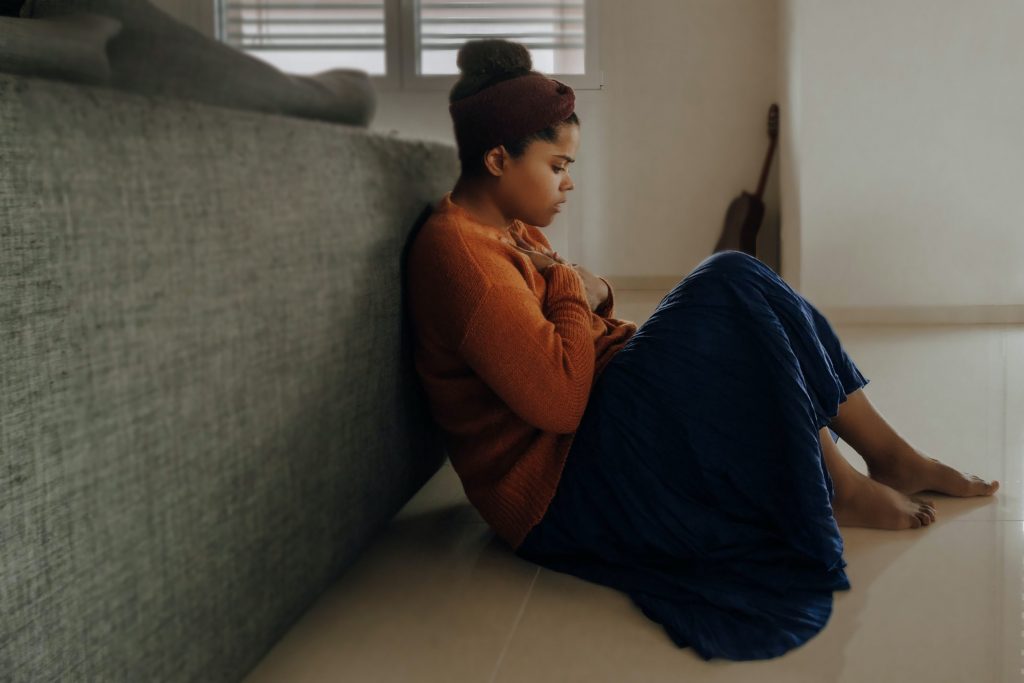
Generation Dread by Britt Wray is a book about eco-anxiety, which is essential reading for the Anthropocene.
Anyone working in or involved with the climate movement can attest that it takes a harsh and unsparing toll on your wellbeing. Many people in this sphere suffer from eco-anxiety, or climate anxiety, feeling a profound sense of despair about the future. This is unsurprising especially if we look at just a small snippet of findings from seven major reports that have been released ahead of the COP27 climate summit. Or the fact that we’ve squandered 34 years through climate inaction.
Sometimes we feel like we’re alone in experiencing these feelings, but reading Generation Dread, made me realise that this couldn’t be further from the truth. As such, I’d strongly urge everyone to read this book – particularly those at the forefront of this movement who are overwhelmed by the sheer scale of the challenge ahead, and the complete lack of urgency that one would expect from their leaders in a time of crisis.
Eco-anxiety
According to the American Psychological Association, eco-anxiety is defined as the “chronic fear of environmental doom.” Writing about what is driving this fear, Wray explains that it’s, “Much more than just climate change, the planetary health crisis is humanity’s destruction of nature, and it is affecting everything from the climate to bio-diversity, fresh water, fertile soil, clean air, land cover, the spread of infectious disease, rates of chronic disease, and, as a result, the health of all living beings.”
There is even a scale of eco-anxiety developed by Caroline Hickman, which Wray shares in her book. While younger generations are most affected by climate anxiety, there has been a surge of people seeking to understand eco-anxiety better. In 2019, there was a 4,290% increase in people using the term according to Oxford Languages. In addition, the word of the year for 2019 was ‘climate emergency’.
Generation Dread also expanded my eco-anxiety vocabulary. You’ll learn more about ‘psychoterratic emotions’, ‘solastalgia’, ‘ecological grief’, ‘Anthropocene horror’, ‘global dread’, ‘climate anorexia’, and ‘climate orthorexia’.
Symptoms and prevalence of eco-anxiety
Some of the symptoms of eco-anxiety that Wray lists include: sadness, temporary paralysis, restlessness and occasional sleepless nights. Wray conducted a survey with colleagues in 2021, of 10,000 children in ten countries. More than half the respondents said, “they think that humanity is doomed, that they won’t have access to the same opportunities their parents had, and that the things they most value will be destroyed; 39 percent said they were hesitant to have children.”
These sobering statistics are yet another wake-up call, adding to the hundreds of others, that should have led our leaders to act on the climate crisis. They also bring up a crucial topic, one which the author wrestled with throughout the book, of whether to have children given the direction we’re heading in. These kinds of profound questions are facing many people around the world right now, and perhaps reading this book will provide some clarity, or further thought for consideration. Related to this is the difficulty of what to say to people who announce their pregnancy, given the potential future the child will grow up in.
I’ve gone into more detail about eco-anxiety and climate anxiety in a separate overview here.
Dealing with eco-anxiety
A key piece of advice for dealing with eco-anxiety is to find others you can speak to about your feelings. Wray also reminds us that, “Being maladjusted does not mean you are sick when the maladjustment is in response to a sick society.” Instead Wray says, we should feel pride because these feelings are ultimately “a sign of our humanity.”
Wray talks about the importance of all types of self-care to authentically face up to our fears and commit to the thought that it’s not too late to create a brighter future. This is something we’d do well to remember, lest we end up like those who’ve become so ground down that they’ve left the fight altogether.
Final thoughts
At times, I’ve found the environmental movement quite polarising and unwelcoming. Given that we desperately need each other for support, this is something that has to change. We can’t tackle something this big on our own, nor would we be effective in trying to do so.
As a social species, we need to be working together to bring about urgent action on climate and ecological issues. Climate breakdown is the biggest issue humanity has ever faced. We must therefore develop a cohesive community that is welcoming to a wider range of people – because we will need a broad spectrum of society to work together to snatch a ‘liveable future’ from the jaws of ‘catastrophic climate change’.
Generation Dread shows us that we’re not alone in this fight, and that what we’re feeling is normal. Moreover that the burden will ease as more of us come together to solve this problem. I hope this will be a major takeaway from what is a vital and fantastic book.
My new cli-fi children’s picture book is Nanook and the Melting Arctic. Nanook is a caring polar bear who lives in the Arctic. But when his igloo starts melting, Nanook must find a way to save his friends and his home. He knows that the people who can help are also those who’ve caused the problem and he must find a way to convince leaders to act on the climate crisis. You can purchase Nanook from Amazon’s global stores including Amazon UK and Amazon US.